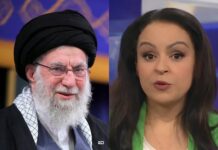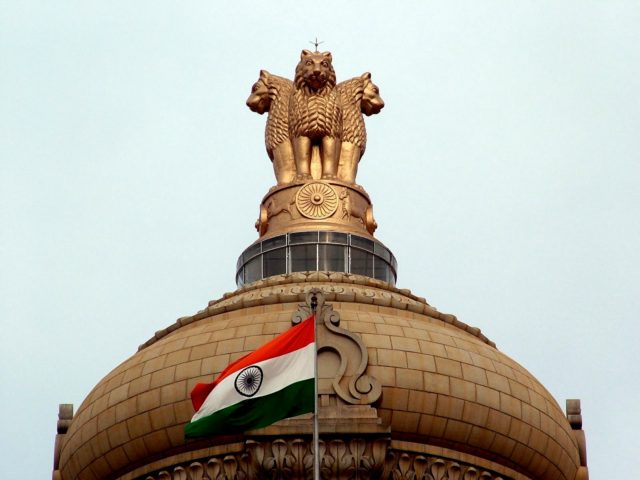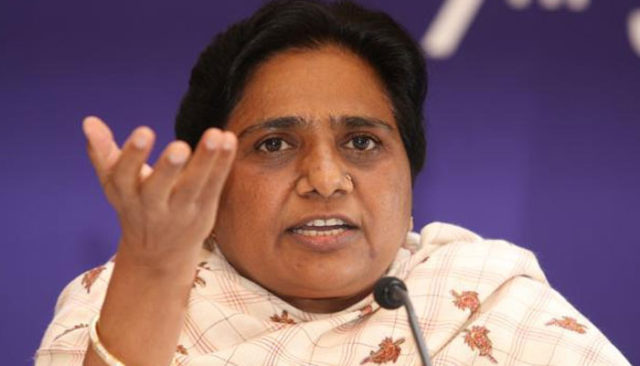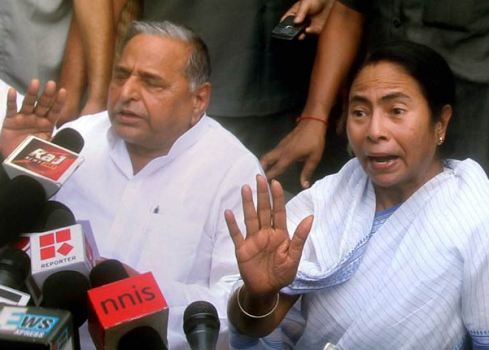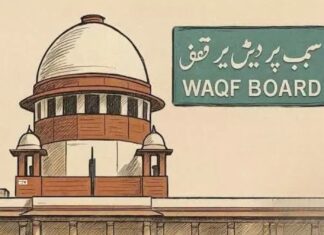Rishank Dabra
Recently, Supreme Court (SC) passed a judgment in which a political party, its leaders or any other person or a candidate’s appeal to voters to elect a candidate on grounds of religion, race, caste, community would constitute a ‘corrupt practice’.
It based the judgment on the fact that such an appeal would impact the secular foundation of the Constitution.
Religion and electoral politics combination-pervasive
The judgment’s intent is to curb divisive politics by enabling the political parties and its candidates to use secularism and social development plank to gather votes rather than pander to the religious and minority groups and their sentiments.
The use of religious sentiments to garner vote bank is ubiquitous in states including but not limited to Uttar Pradesh and West Bengal.
In these 2 states particularly, the focus has been to gather votes from Muslims and minorities as political parties have used it as the basic agenda and sometimes also incorporated this into their manifestos.
Similarly, in many Indian states, ‘Hindutva as a way’ of life ploy has also been used an agenda to appeal to voters to further their interests.
A bit preventive but much of it can be transgressed
Though this judgment’s aim is to create a level playing field for all the parties and it will indeed help in controlling the communication either in written or oral form for religious targeting through speeches or manifestos but the actual impact of this judgment to prevent parties from sidestepping it significantly seems less probable.
It’s difficult to impose any law comprehensively upfront to transform the behavior that transcends on the border of religious faith and political will as the political groups are usually likely to find loopholes in the law and adopt an approach that prevents them from breaking the law and still satisfy their election objectives.
A simple example illustrating this can be the fact that if a party or a political leader or its representatives visit a temple, a mosque, a gurudwara or a church, one is within the boundaries of the law even if he or she is visiting them during the time of elections.
However, it can easily be construed and inferred from this that the visit was not intended to freely practice and express faith in different religions but to appeal to voters and increase the share.
But on the other hand,
Furthermore, the argument against this recent judgment also seems plausible that if religious minorities interests are underrepresented and subjected to prejudice under the current legislation and since those groups also deserve democratic representation so it could be good to have a candidate expressing solidarity for their position in its agenda.
Perpetual appraisal and enforcement
In essence, this judgment would require constant refinement to take into consideration the interests of all groups and prevent the circumvention from the parties involved.
This would also require extensive participation from the election commission to enforce the law and to use the information prevalent to give feedback to judiciary to reform the law’s provisions and prevent any misuse.
Rishank is currently pursuing MBA from Mumbai.He likes reading and writing and loves challenging the status quo by voicing his eccentric opinions.
Read On:
http://edtimes.in/2016/12/mandatory-playing-of-national-anthem-sc-cannot-lead-by-example/






